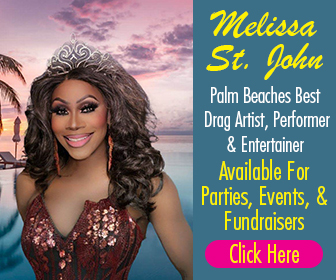Latest

Q Stitches Together Her Post ‘Drag Race’ Life & Looks Back On A Stunning Run
After presenting some gag-worthy garments on the runway and making the Top Four on “RuPaul’s Drag Race” Season 16, Q has departed the competition, but not without firmly leaving her stamp on Season 16...

Senate Committee: Republican Attorneys General Abused Power Demanding Trans Medical Records
In a 10-page report released on April 16 by staff for the Democratic majority of the U.S. Senate Finance Committee, the Republican attorneys general of Tennessee, Missouri, Indiana, and Texas are accu...
Follow Us

Senate Committee: Republican Attorneys General Abused Power Demanding Trans Medical Records
In a 10-page report released on April 16 by staff for the Democratic majority of the U.S. Senate Finance Committee, the Republican attorneys general of Tennessee, Missouri, Indiana, and Texas are accu...

Five Trans, Nonbinary ICE Detainees Allege Mistreatment at Colo. Detention Center
Five transgender and nonbinary people who are in U.S. Immigration and Customs Enforcement custody at a privately-run detention center in Colorado say they continue to suffer mistreatment.
...
































